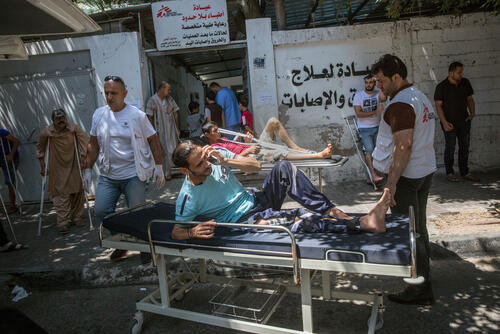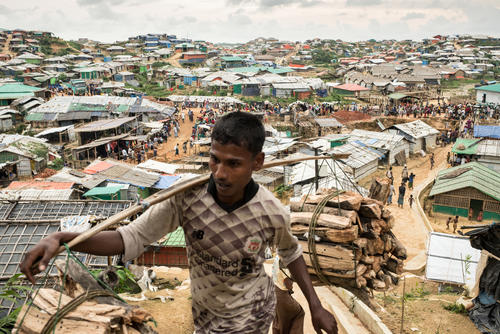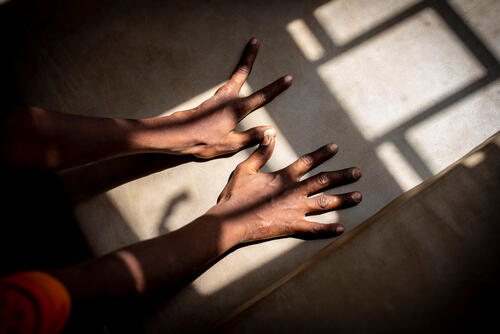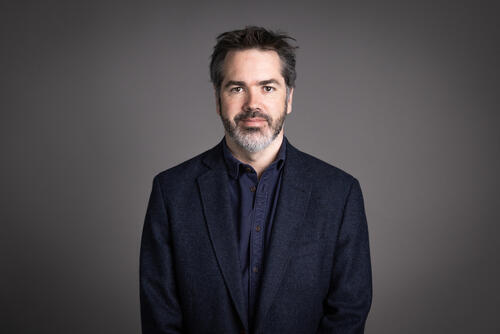With tens of millions of people on the move around the world and millions more trapped in conflict, amid political forces that – deliberately or otherwise – block access to lifesaving aid, the scale of violence and suffering inflicted on civilians in 2018 remained appalling.
In 2018, MSF was confronted with a barrage of cynical attacks and toxic narratives aimed at criminalising migrants and those showing solidarity towards them, undermining humanitarian action, international law and the very principles of humanity and solidarity.
The most emblematic and brazen of these attacks put an end to the Aquarius’ search and rescue operations on the Mediterranean Sea, condemning ever more men, women and children to drown along the world’s deadliest migration route.
Whatever the reasons for leaving their countries of origin – whether they are fleeing violence, poverty, insecurity or the effects of climate change – people on the move have a right to protection and access to medical care, just as do those who choose to stay or are unable to leave.
Whether it fits the political agenda or not, we will continue to offer all people in distress the most appropriate, effective medical assistance we can. Our teams conduct independent evaluations to determine medical needs and what relief we can bring, in consultation first and foremost with the people we seek to assist.
As you will see in this report on our activities, community engagement and patient-centred models of care are already integral to many of our projects, but understanding how we can better work with our patients and their communities to define the most suitable models of care remains a priority for us all. This is the only way we will become truly accountable to the people we assist and remain fit for purpose in years to come.
We cannot talk about being accountable and ‘people-centred’ without also mentioning our efforts to tackle abuse and inappropriate behaviour within MSF and provide support to the victims. Grievance channels have been improved and we have seen an increase in the number of cases reported as a result, but given the size and scope of our organisation, we know there must be more.
We must therefore do more – to improve our systems, to make them more widely accessible, and to ensure they are trusted and used by all our staff and patients, their caregivers and their communities.
Our social mission determines that our teams work in difficult, stressful situations, often in horrific circumstances, to provide lifesaving medical assistance to people who would otherwise be without.
We are immensely grateful to our tens of thousands of staff in the field who spend their day-to-day lives assisting others. None of this work would be possible without the support of our more than 6 million donors. Thank you for your ongoing belief in our work.
















